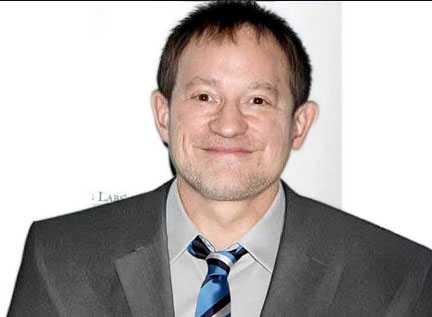Following public pressure, President Ramaphosa announced Mchunu’s immediate "leave of absence" during a televised address to the nation. He revealed plans for a judicial commission to thoroughly investigate the allegations, which he emphasized pose a threat to national security and the constitution. Law professor Firoz Cachalia is set to serve as interim police minister during this period.
Senzo Mchunu has vehemently denied the allegations, asserting his readiness to defend himself against the accusations. The claims allege serious misconduct, including hindrance to probes surrounding political killings and corrupt practices within law enforcement. According to the President, the claims necessitate urgent and detailed scrutiny.
The allegations against Mchunu were first brought to light by Nhlanhla Mkhwanazi, the police chief of KwaZulu-Natal, who accused the minister of accepting financial aid from a suspected corrupt businessman to support his political endeavors. He pointed to the dismantling of a task force that had been established to investigate escalating political violence, claiming it was a significant factor in preventing justice for numerous unsolved cases.
Additionally, Mkhwanazi claimed that Mchunu had unlawfully instructed the removal of crucial case files from the task force, which had links to a corruption scandal involving prominent businesspeople and politicians connected to a drug syndicate.
Mchunu's alleged connection to Vusimuzi Matlala, a businessman accused of attempted murder, has reignited scrutiny. Matlala had been paying Mchunu, as evidenced by shared text messages, before his contract with the police was terminated.
Political analysts have noted that Mchunu’s influence and ties within the ruling African National Congress (ANC) could position him for a significant role in the party's future, particularly with the next elective conference scheduled for 2027. Despite this tumultuous episode, Mchunu’s public statements have invoked themes of integrity and respect for the ongoing investigations.
As calls continue for accountability within the political structure, the judicial commission's findings could have lasting implications for South African governance and law enforcement.
Senzo Mchunu has vehemently denied the allegations, asserting his readiness to defend himself against the accusations. The claims allege serious misconduct, including hindrance to probes surrounding political killings and corrupt practices within law enforcement. According to the President, the claims necessitate urgent and detailed scrutiny.
The allegations against Mchunu were first brought to light by Nhlanhla Mkhwanazi, the police chief of KwaZulu-Natal, who accused the minister of accepting financial aid from a suspected corrupt businessman to support his political endeavors. He pointed to the dismantling of a task force that had been established to investigate escalating political violence, claiming it was a significant factor in preventing justice for numerous unsolved cases.
Additionally, Mkhwanazi claimed that Mchunu had unlawfully instructed the removal of crucial case files from the task force, which had links to a corruption scandal involving prominent businesspeople and politicians connected to a drug syndicate.
Mchunu's alleged connection to Vusimuzi Matlala, a businessman accused of attempted murder, has reignited scrutiny. Matlala had been paying Mchunu, as evidenced by shared text messages, before his contract with the police was terminated.
Political analysts have noted that Mchunu’s influence and ties within the ruling African National Congress (ANC) could position him for a significant role in the party's future, particularly with the next elective conference scheduled for 2027. Despite this tumultuous episode, Mchunu’s public statements have invoked themes of integrity and respect for the ongoing investigations.
As calls continue for accountability within the political structure, the judicial commission's findings could have lasting implications for South African governance and law enforcement.



















